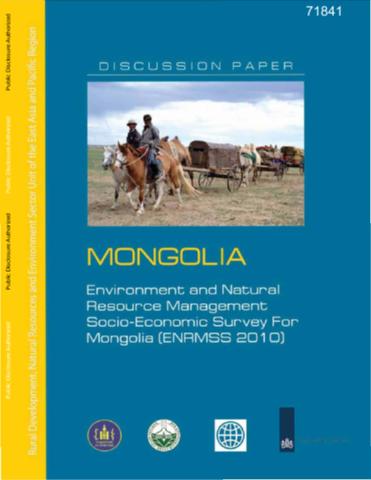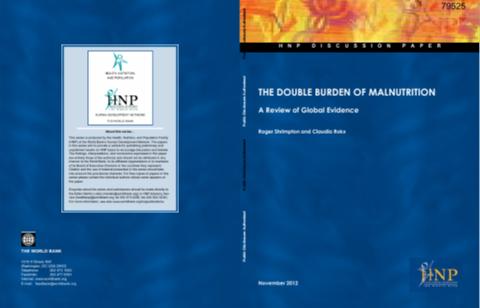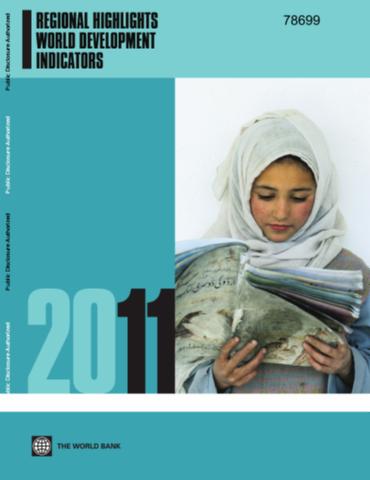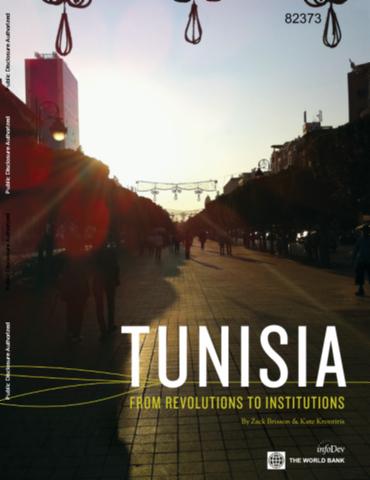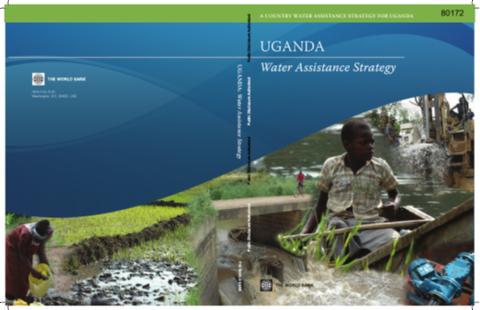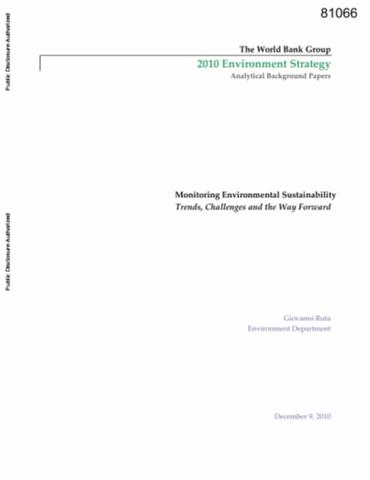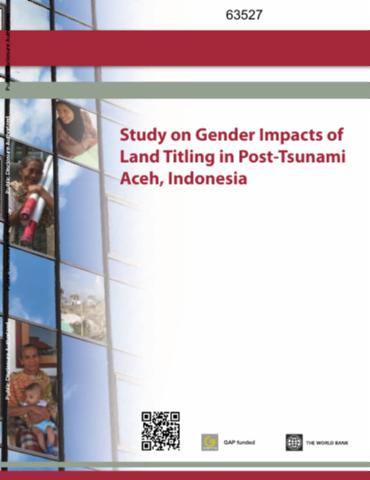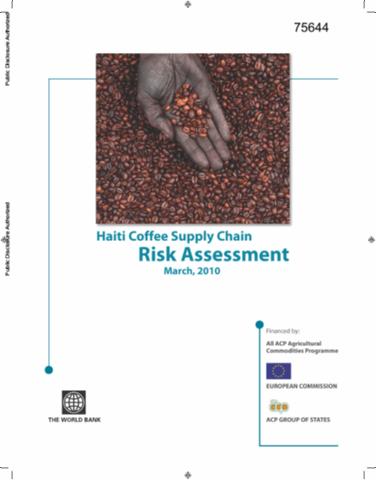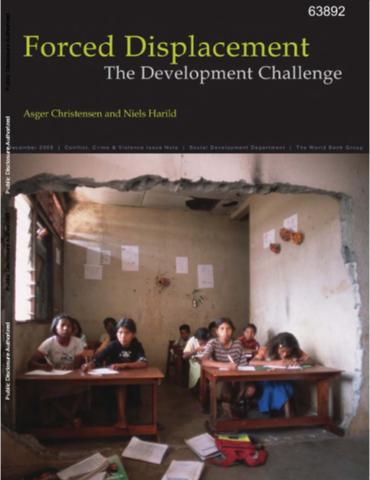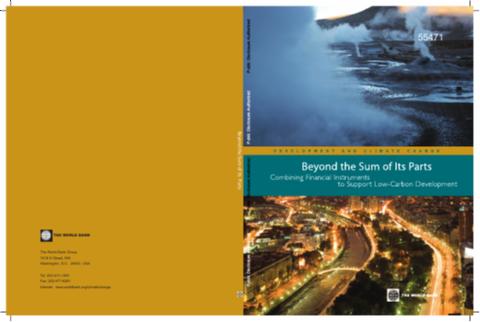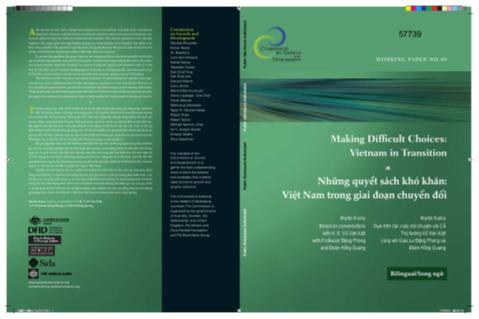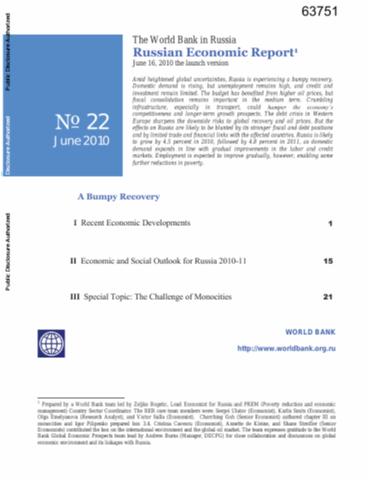Mongolia
Mongolia has very significant natural resources and a large part of the population is dependent on them for their daily living. The impact of the state of the environment on the living standards of herders is obvious, but also Mongolians living in the capital Ulaanbaatar have learned that air pollution, especially in winter, and other environmental problems have a deep impact on their living standards. The Government of the Netherlands has established a Trust Fund at the World Bank to support environmental activities in Mongolia.

